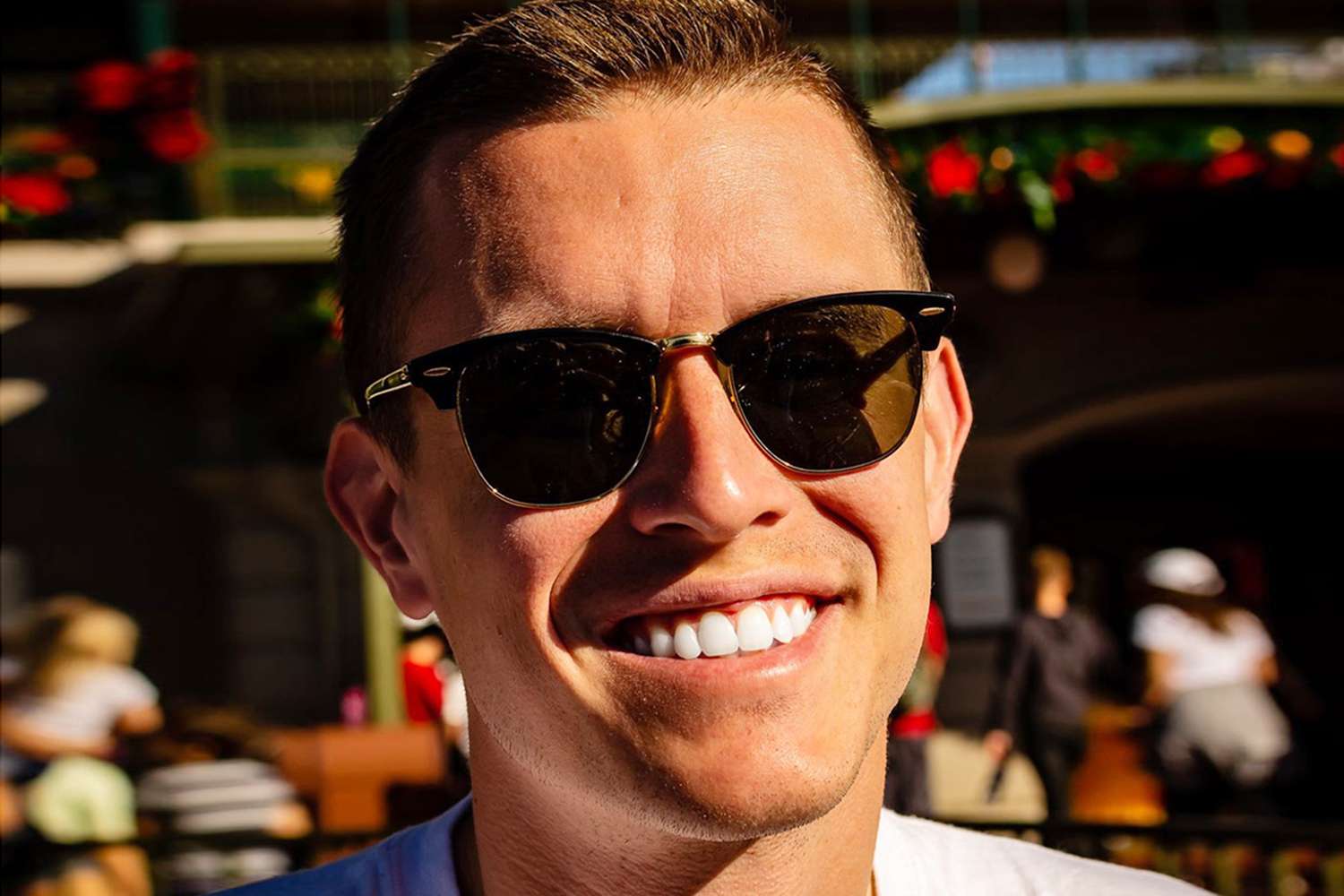
For months, Dr. Dave Burkard has seen up close the effects of COVID-19 as an emergency medicine resident in Western Michigan. Burkard has helped patients who are struggling to breathe, and watched as some say a final goodbye to their loved ones. And then two weeks ago, he started to notice the now-familiar signs of COVID-19 infection in himself.
The 28-year-old is very active — before getting sick, he worked out five times a week — and he has no preexisting conditions. But he was hit hard by the virus, and eight days after testing positive during a routine test at work, he needed to be hospitalized.
Burkard’s illness started out with fever, cough and fatigue. By day three, he felt better, but another three days later it was a “complete reversal, with horrible shortness of breath and worsening fatigue,” he tells PEOPLE. His coworkers at Spectrum Health in Grand Rapids gave him a pulse oximeter to monitor his oxygen levels, and he checked in to the hospital after they became dangerously low.
Burkard spent three days in the hospital, and was treated with oxygen, steroids, convalescent plasma and the antiviral drug remdesivir. His oxygen levels “slowly improved,” and he was able to go home to recover.
Since then, it’s been a “slow improvement,” Burkard says.
“I am pretty deconditioned just from being laid up for the past two weeks,” he says. “So right now I'm just trying to get my energy back. It is still hard to breathe when I walk for a while but I'm eager to get back to some sort of normal again soon.”

Burkard is sharing his story to push Americans to understand that COVID-19 is not a “hoax.” He wrote a Facebook post about his experience as a doctor and patient that went viral, and wants “people to understand how serious this is.”
“I know that it's hard to fully understand when you're not seeing it every day,” he says. “But if people just take a second to listen to those of us on the front lines and hear us when we say, it's getting bad.”
Burkard hears people claiming that the mortality rate of COVID-19 is low, or making other questionable statements about the virus, and wants people to understand that because it’s “such a variable illness,” it can’t be brushed off.
“Some people will say the worst symptom is the loss of taste or smell while others are put on a ventilator,” he says. “The serious, hospitalized, cases are eye opening. When someone comes in gasping for air with oxygen saturations in the 60s or 70s, they are barely getting enough oxygen to survive. It requires immediate stabilization and can be quite scary for the patient and their family. Those conversations are hard and they move fast.”
This week, hundreds of medical workers across the country put out a public service announcement urging Americans to wear a mask, and Burkard has the same message.
“Every day, we go to work with a smile on under our masks and we treat some of the sickest patients. In order for us to continue to be able to provide that excellent care, we have to slow the spread of this virus,” he says. “We all need to do our part to come together and protect our neighbors. Wear a mask. Hang out with your friends on FaceTime or Zoom. Do what you can to limit the spread and you may save a life.”
Burkard says that health care workers are “some of the bravest people in the country right now, and need Americans to support them by staying home and wearing masks.
“None of us are asking for pity right now; we’re just asking for people to take this seriously,” he says.
As information about the coronavirus pandemic rapidly changes, PEOPLE is committed to providing the most recent data in our coverage. Some of the information in this story may have changed after publication. For the latest on COVID-19, readers are encouraged to use online resources from the WHO and local public health departments. PEOPLE has partnered with GoFundMe to raise money for the COVID-19 Relief Fund, a GoFundMe.org fundraiser to support everything from frontline responders to families in need, as well as organizations helping communities. For more information or to donate, click here.
Source: Read Full Article
